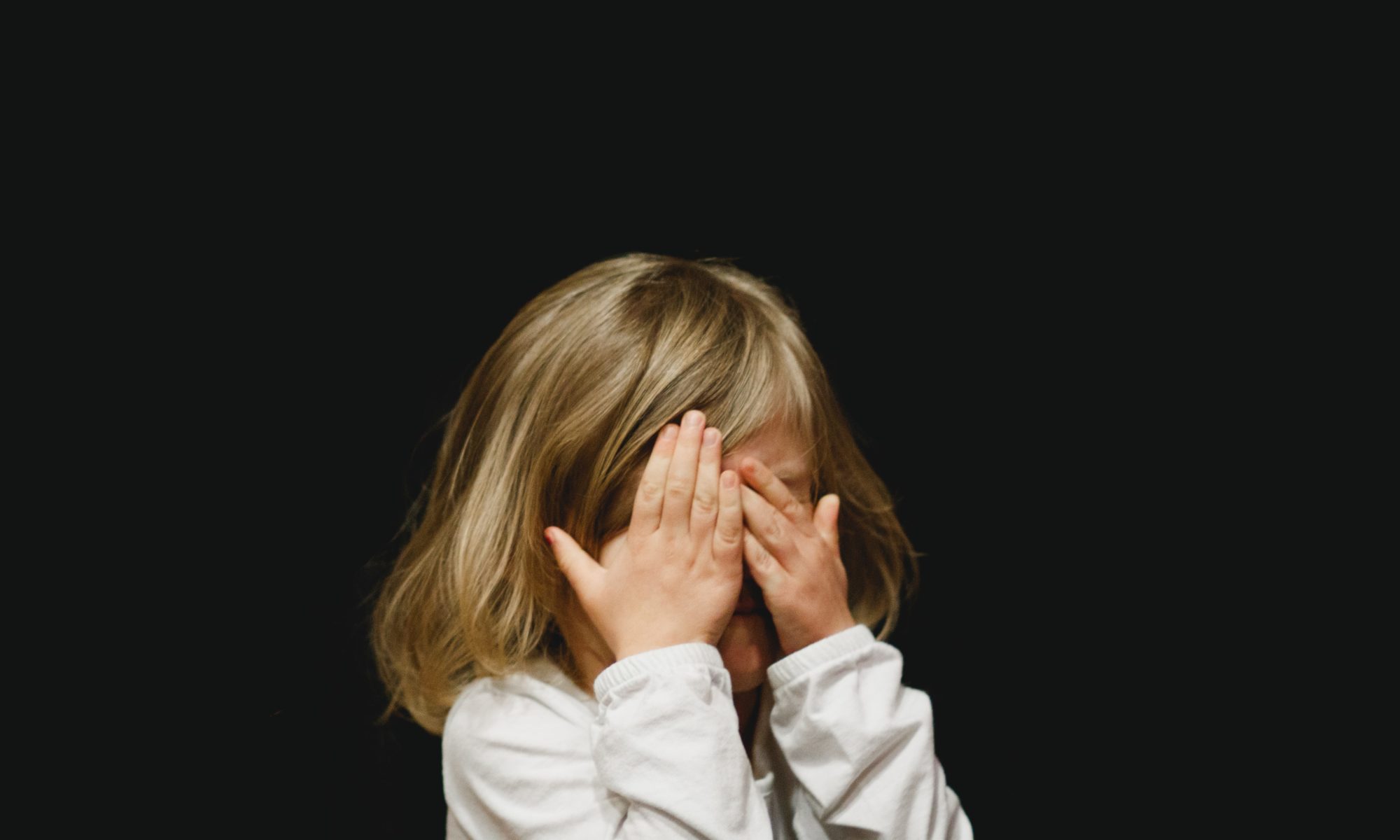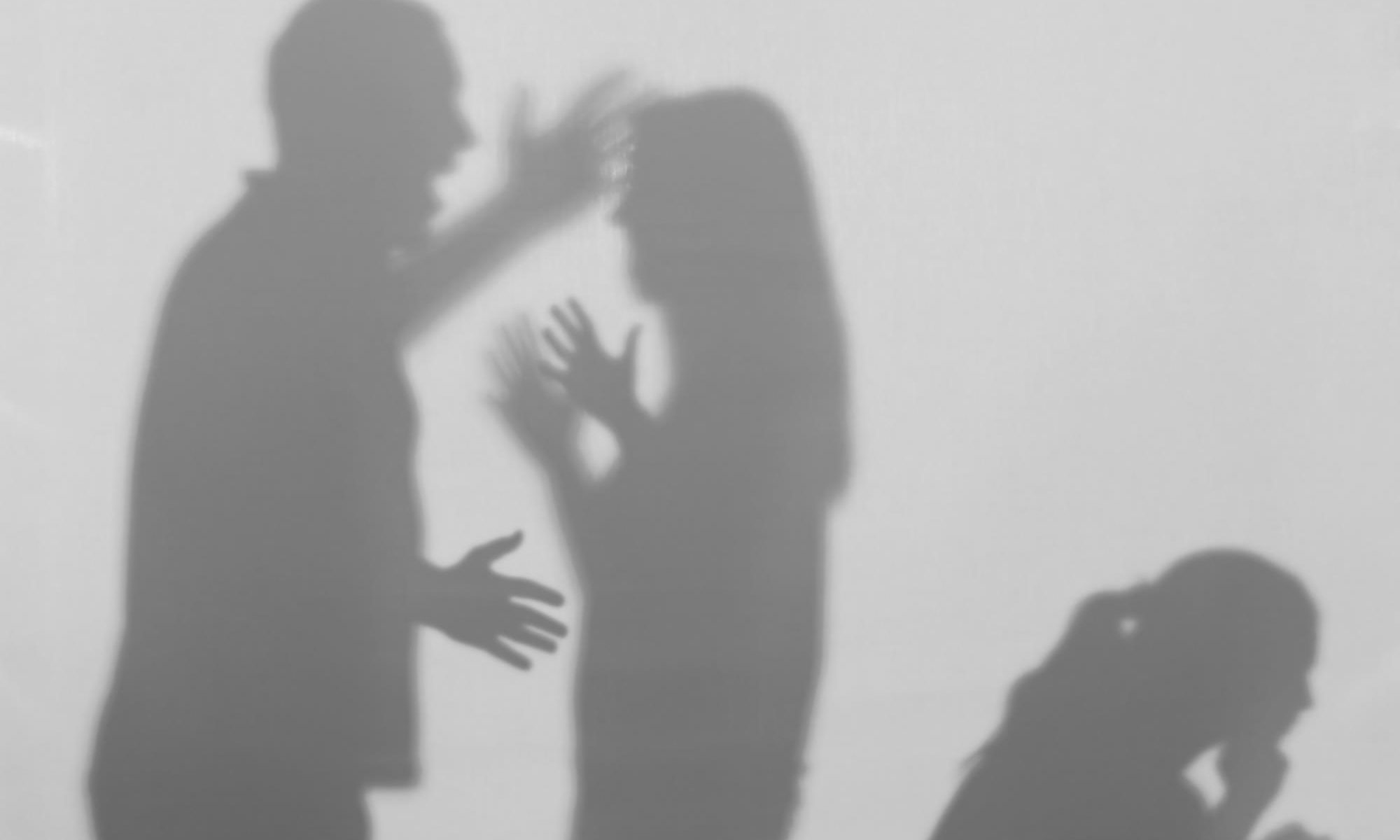Whether you’re managing being a single parent, or trying to make co-parenting work, it’s important to make your child’s health and wellbeing a priority. If you’re going through a divorce there’s a strong likelihood that they’re already feeling confused and anxious about the changes, so make sure to be there for them however you can. In the case of shared custody or co-parenting, it’s important to watch out for things that may indicate your child is being abused as abuse is all too common in and outside of the home.
Divorced parents are still parents, and parents need to be aware of the threats that face their children. According to dosomething.org, in the last year alone it’s estimated that nearly 1 in 7 children have experienced some form of abuse or neglect in the United States. And, while most children are taught “stranger danger” from an early age, a sad reality is that children are much more likely to suffer abuse at the hands of a family member or someone close to the family.
The Types of Abuse
When going through a divorce, there may be a lot of stress and animosity that both you and your spouse feel. It can be hard to find appropriate outlets for those feelings and you may lash out at those around you. Built-up stress and anxiety in the home can in the home can increase the risk for child abuse to occur. The following are the most common forms of child abuse:
- Emotional abuse: This includes direct verbal assault, berating language, and intentional commentary intended to hurt the child’s feelings of self-worth. Many times choosing to give your child the silent treatment is also a form of emotional abuse. It’s one thing to designate a “time-out” corner for your child to sit in when they do something bad, but an entirely different thing to do it with the intention of hurting your child.
- Physical abuse: Physical abuse is defined as any abuse that involves physical harm or injury to the child. It’s never okay to raise your hand to a child, even in the name of discipline. There are far better ways to instill good behavior than through the use of any kind of physical abuse.
- Neglect: Neglect is where the parent is either unable, or unwilling, to provide their child with basic needs such as food, water, and safe supervision and shelter. It’s not always easy to spot this form of abuse and it frequently occurs in homes where there are serious drug and alcohol issues, or where the parents are physically or mentally unable to care for their children.
- Sexual abuse: Where children are molested or raped. This includes the act of showing children pornographic images or videos.
Institutional Abuse
You are trusting adults with the health and safety of your children when you send your child off to camp, an after school program, or sports practice. Unfortunately, those individuals you’re trusting, aren’t always worthy of it. Abuse suffered outside of the home and in another setting, like a church or school, is known as institutional child abuse.
From a young age, children are taught to trust and respect their superiors without asking questions. Institutional abusers take advantage of children by manipulating them into thinking the abuse is normal, or threatening them into silence. As seen in cases of female athletes who were abused by a doctor or medical personnel, like the female gymnasts and Larry Nassar, victims were taught to believe what their doctor recommended. This includes undergoing procedures or exams that masked the actual abuse that was taking place.
In instances of abuse by members of a church or religious group, the abuse may take place under the guise that it is an “act of God’s will.” In order to gain the trust of their victim, institutional abusers often single out more vulnerable, quiet children, and they’ll use the process of grooming to earn their trust. Grooming may look like inappropriate compliment-giving and excessive gift-giving. Perpetrators of sexual abuse may also request that the child keeps the abuse a secret, or many times the abuser will manipulate their victim into thinking no one will believe them if they speak out about the abuse.
The dynamics of institutionalized abuse include the actions of the abuser, as well as the actions of the institution where the abuse occurs. For families adapting to a divorce, single parenting or any new family dynamic, it can be difficult to recognize when something else is affecting your child. Historically, institutions where abuse is common have come under fire for mishandling reports of abuse or outright ignoring the accusations. This leaves you, the parent, responsible for knowing what signs of abuse to look out for and responsible for establishing clear communication with your child in order to be proactive about their safety.
Signs of Child Abuse
It is important to understand that not all changes of mood and actions mean that your child is being abused.However, understanding abnormal behavior and establishing open communication regarding your child’s safety with your ex-spouse, will help you maintain a healthy relationship with your child. Common signs of child abuse are listed below:
- Unexplainable cuts or bruises: If your child is at your place from a week away at your ex-spouse’s and they can’t, or are hesitant to, explain certain injuries, you should be concerned. Depending on how amicable you and your spouse are able to be around each other, keep a mental note of injuries that happen when the child is at one place or another. Maybe it’s just a safety issue and it can be quickly resolved, but if your child is constantly using the same excuse over and over again, it could be something more serious.
- Jumpy or quick to react: Does your child jump in response to a loud sound, or do they flinch away from your hand as you go to brush a piece of hair away from their face? This is also a sign something may be going on. Even verbal abuse can cause your child to be overly sensitive to loud noises.
- Hesitancy to return to the other home: When it comes time to send your child back to your ex-spouse’s and they are hesitant to go, you may want to explore that deeper. It may be because your child doesn’t like the process of going back and forth, or they generally like to spend time with you more, but it’s important to develop a good sense of communication, early on, to get ahead of concerns like this.
Signs of Sexual Abuse
- As we discussed, abuse can unfortunately take many forms. While the above information is necessary to understand when dealing with all forms of abuse, the following signs are important to be on the lookout for in cases of sexual abuse.A lack of interest in previously enjoyed hobbies/sports/activities
- Difficulty walking or sitting
- Having new names for their private parts (not regularly used around you)
- Unwillingness to undress in front of you
- Making strong efforts to avoid a specific individual
- Feelings of anxiety/depression
You are not a bad parent if you don’t immediately recognize that your child has been abused. Perpetrators of abuse hide in plain sight and make their victims feel intense guilt and shame that prevents them from speaking up. That said, if a victim never comes forward, or is made to feel like they can’t, the internalization of their trauma will likely cause extensive mental health problems down the road. According to the National Institute on Drug Abuse, two-thirds of people seeking treatment for drug abuse reported being abused or neglected as children. Mental illnesses like depression, anxiety, and PTSD are also very common among trauma survivors, so it’s important to get your child the help they need — early on — if they’ve been abused.
How to Be an Advocate
If you’re still in communication with your ex-spouse and share custody rights, then it’s imperative that you’re both on the same page about the measures you’re taking to look out for your child’s safety and wellbeing.. Keep a mental note of the different people your child sees; coaches, tutors, or common friends, and agree to alert the other individual if something suspicious seems to be going on. The following ways will help you build a better sense relationship with your child, so if something does happen they’ll be more open to telling you or your spouse about it.
- Communicate with your child: Make sure your child knows they can come to you with questions about their body. Discuss with them how they can set boundaries and which body parts are not-okay for anyone to touch. This also includes educating your child on the proper names for their private parts.
- Set up a code-word: Many times children don’t feel like they can outright express that they’re uncomfortable for fear of judgement, so give them a code-word they can use when they call you to leave wherever they are.
- Create a supportive environment: Listen to your child when they speak up about something. No matter what it is, reassure them that talking to you about it was the right thing. If you frequently denounce their feelings, they very well may form a habit of not going to you at all when something upsets them.
Perpetrators of abuse are especially good at manipulation. If your child has been victimized by an abuser, the best thing you can do for your child in the moment is to be there for them and get them the help they need to deal with the trauma. Your first thought may be denial, but it is critically important not to discount the experiences of victims. Your child has probably already been dealing with self-doubt and blame, so making them question any part of their experience will only be further damaging. There are many online resources like RAINN or American SPCC that serve as outlets for parents and individuals feeling lost as to where to start with reporting the abuse. As a divorced parent it may feel overwhelming to not have the crutch of your ex-spouse but regardless of your personal relationship, your child’s safety is and will always be, paramount.


